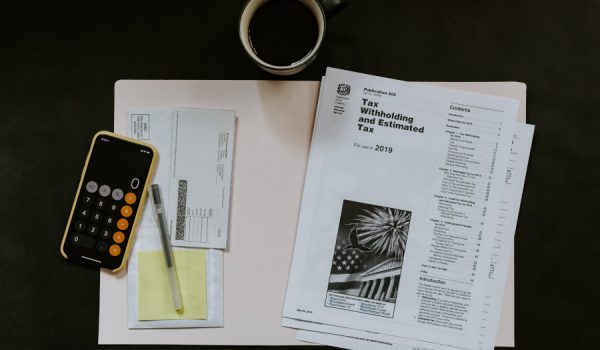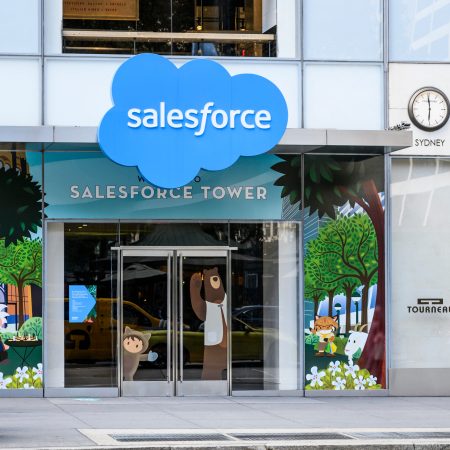
October 1, 2019, brings new sales tax collection rules established in the 2018 Supreme Court case, South Dakota v. Wayfair, Inc into effect for several states. For businesses who operate in multiple states, this will entail a major shift in collecting and documenting sales tax for your business. Let’s dive into what the economic nexus rules of South Dakota v. Wayfair, Inc. mean for your organization. We’ll also examine how you can prepare your accounting system to avoid extra hassle and avoid unnecessary costs.
Sales Tax Collection Changes 2019
In a nutshell, in the South Dakota v. Wayfair, Inc case, the Supreme Court ruled that individual states have the authority to tax companies for sales gained remotely. But wait, wasn’t this the case already? Yes, but it was more basic.
Before this case, the nexus which determined taxation was based only on the physical presence in the state in question. If a business was making sales remotely, only the state where the business was physically located would be able to collect sales tax from that company. This rule remains. However, states can now require remote sellers to collect and remit sales tax based on the amount of remote sales or transactions conducted remotely in the state involved. This is called an economic nexus.
Generally, this will work two ways. You’ll still pay sales tax to the state where your business physically operates out of. However, depending on the individual rules of the states you’re selling in remotely, you’ll also pay sales tax for those states too. Again, this will depend on the volume of your sales, but each state has a unique set of rules regarding remote sales tax. You can get a glimpse of these individual requirements here.
Affected by the New Economic Nexus Rules on October 2019?
45 states have sales tax laws. 43 of these states have accepted the new economic nexus law following the Supreme Court ruling. Most of these states have already adopted and refined the sales tax laws, but seven states who will officially implement these rules and changes in October of this year. They are: Arizona, Kansas, Massachusetts, Minnesota, Tennessee, Texas, and Maryland.
In addition to the economic nexus rules, October 1, 2019, also enacts tales tax collection requirements for marketplace facilitators. To quote an article written by Gail Cole of Avalara:
“Marketplace facilitator sales tax laws are often linked with economic nexus laws (note that several states made both lists). They typically require in-state marketplaces and out-of-state marketplaces doing a certain amount of business in the state to collect and remit the tax due on all sales made through the marketplace — their own sales and sales by third-party sellers.”
Is Your Accounting System Prepared for New Sales Tax Rules?
If you’re bringing in sales remotely from other states that are gearing up to implement the economic nexus, preparing your system as early as possible is essential. If your accounting system relies too much on spreadsheets and manual data entry, it’s time for an upgrade. The new requirements and data you’ll need to manage can quickly become overwhelming. Automating your accounting processes to adjust to the new sales tax constraints of the economic nexus is definitely the way to go. Besides helping you manage these finances faster, the data will be more accurate thanks to the reduced need for manual entry.
For an easier, more accurate way to identify tax requirements that apply to your business, you should incorporate a sales tax calculation solution like Avalara into your accounting system. Avalara will actually identify your core economic nexuses you must pay sales tax to and orchestrate the entire process alongside your other accounting processes. One benefit of using Accounting Seed is that you get the best of both worlds, a flexible, automated accounting system that can work in concert with Avalara for your tax needs.
Stay on Top of the Economic Nexus Rules with Accounting Seed and Avalara
Accounting Seed shares a prebuilt connector with Avalara that allows smoothe collaboration between the two solutions. Avalara catalogs tax rates and automatically adds sales tax lines to the Accounting Seed Billings object based on the predefined method you choose (origin, shipment, etc). Then, Accounting Seed feeds those amounts back into Avalara which automatically files the taxes with the appropriate jurisdictions. This combination lets you seamlessly manage all the financials of your organization in a single platform without skipping a beat.
With all these sales tax changes happening at once, automating your sales tax compliance process will be a huge weight off your organization, saving your time and money in the long run. Think of how many errors and tedious processes you’ll avoid. With Accounting’s Seed’s flexibility and reliable connection to the Avalara solution, you have all the tools you need to maximize your accounting and manage sales tax more effectively.
See Accounting Seed in action
Get a close-up view of how accounting on Salesforce can eliminate the need for costly integrations—and silos of mismatched information—by sharing the same database as your CRM.



